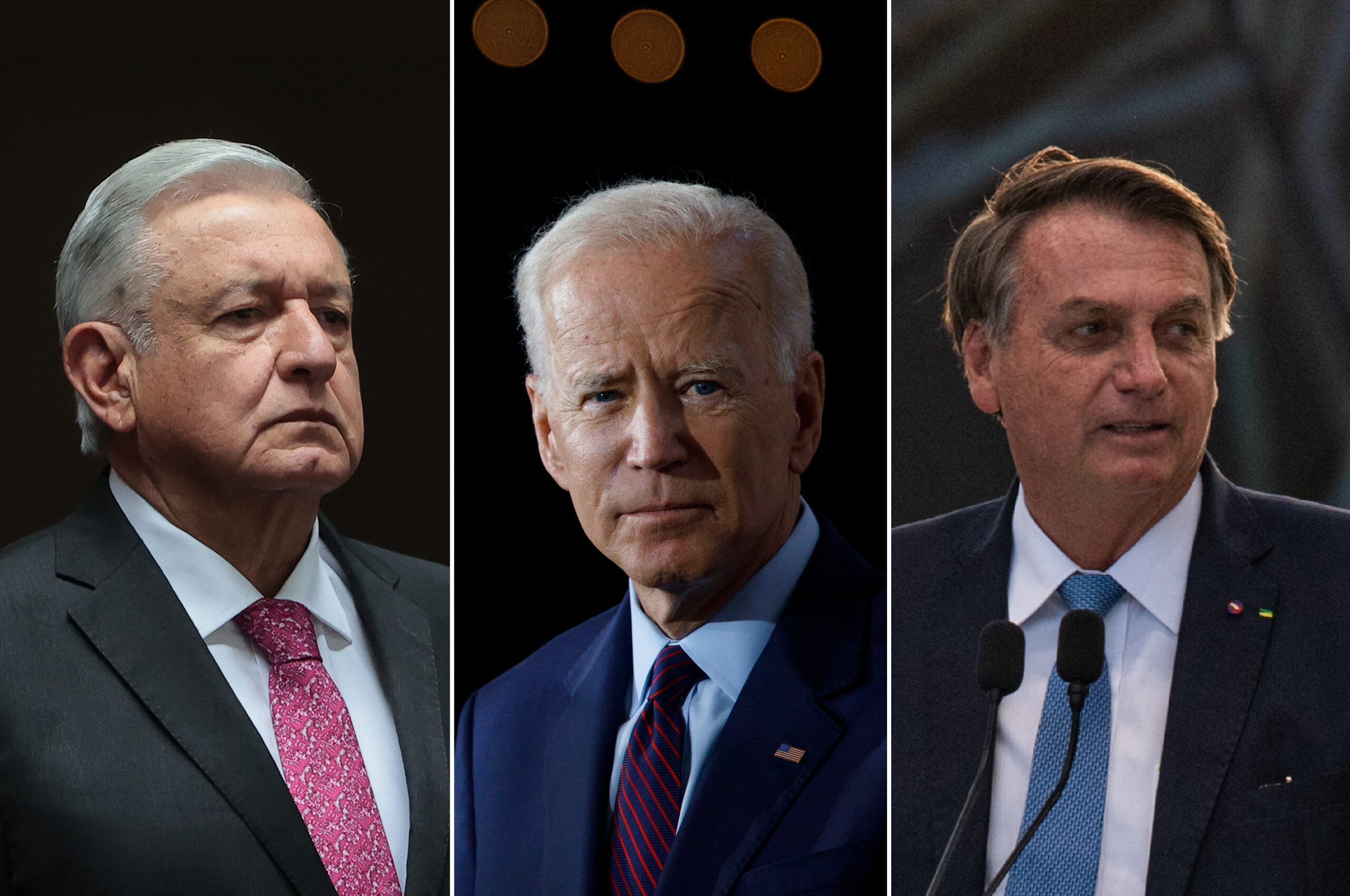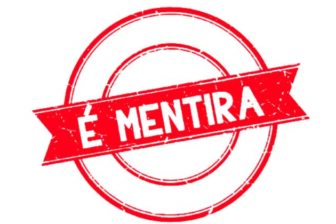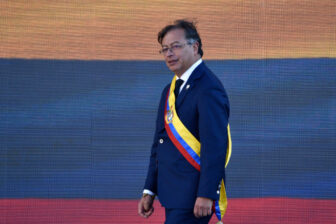SÃO PAULO – Most observers agree that democracy in Latin America is facing its worst crisis in decades. Ranging from the consolidation of autocracies in Nicaragua, El Salvador and Venezuela to the rise of authoritarian-minded populists in Brazil and Mexico, there is a growing sense that democratic leaders are on the backfoot and that a further erosion of democracy – including in the United States – is a very real possibility. Initially seen as an aberration, Trump, Bolsonaro, Bukele and López Obrador, may turn out to be, some fear, the new normal.
In this deeply worrisome context, a global gathering to discuss how to strengthen democratic governance around the world is a laudable enterprise. Granted, the meeting suffers from several problems from the start. More than 100 leaders and representatives from civil society and private sector were invited to the summit scheduled for Dec. 8 and 9. Most obviously, the United States included some non-democracies (such as Angola), while ignoring a few democracies (such as Bolivia), seemingly for geopolitical motives. More importantly, the presence of leaders from Brazil, India and Mexico – whose commitment to democracy is highly questionable – suggests Washington’s strategic considerations also played a role when making invitations.
Secondly, critics in Latin America are likely to wonder what provides the United States – a country that has been sliding downwards in most democracy rankings recently – with the legitimacy to hold such a summit in the first place. In The Economist Democracy Index, for example, Uruguay (ranked 15th) and Chile (ranked 17th) are categorized as “full democracies”, while the United States (ranked 25th) appears as a “flawed democracy.” Why not hold the summit in Montevideo?
Still, provided that the Biden administration takes three steps in the context of the summit, its impact may be more relevant than its many skeptics believe.
First of all, the gatherings should focus, above all, on the domestic sources of the global crisis of democracy. In the Americas, five stand out: worsening inequality, bad public services, polarization, the spread of fake news, and, in part as a consequence of the first two, the militarization of politics. There is vast potential to discuss best practices about how to address them: be it better regional cooperation to reduce poverty and boost public education and public health, combat climate change (which exacerbates inequality) or by discussing ways to find common rules and norms about how to address the propagation of fake news on social media platforms such as Facebook, Whatsapp and, most recently, Telegram. In the same way, there is potential to create normative regional frameworks that seek to reduce the role of armed forces in politics. Such norms could, for example, include a regional declaration that governments commit to working towards banning active-duty military from assuming government posts, a phenomenon that inevitably leads to the erosion of democracy. At a time of growing cooperation between the U.S. armed forces and their Brazilian counterparts, for example, public statements by U.S. generals that the current high-level engagement is conditional upon the Brazilian armed forces commitment to opposing any threats to democracy would be of significant value, eliminating doubts that the U.S. government could turn a blind eye to authoritarian excesses by leaders in the Americas as long as they project themselves as valuable partners in containing China’s influence.
Secondly, the current crisis of U.S. democracy provides an opportunity to overcome a still common belief about how rich Western democracies can serve as a model for poorer non-Western ones. Rather, the Summit for Democracies should ideally provide a platform where best practices can be shared and global norms can be jointly developed. After all, it is still often overlooked that the global state of democracy is far more nuanced: in democracy rankings, Latin American countries like Costa Rica or Chile score higher than France, while Botswana ranks ahead of Belgium. In the most recent ranking by Freedom House, Mongolia ranks higher than the United States.
Finally, the summit’s overall tone should avoid embracing the divisive “democracies vs. autocracies” rhetoric which will keep Latin American governments from engaging in any meaningful way, considering their concern of needlessly antagonizing important economic partners such as China. More importantly, historic concern about foreign meddling makes regional leaders wary of any rhetoric that may suggest sovereignty is conditional on democratic rule. These concerns are not new: When then U.S. Secretary of State Madeleine Albright promoted the creation of a “Community of Democracies” in 2000, even Brazil’s president Fernando Henrique Cardoso, who can hardly be accused of harboring authoritarian ambitions, politely declined to take a leading role in it.
In the end, much will depend not on the summit itself, but whether the Biden administration uses it as a starting point to actively pursue a democracy agenda, for example by more forcefully speaking out whenever leaders such as Brazil’s Jair Bolsonaro embrace authoritarian tactics – and making clear that violations of democratic rule would have concrete consequences for bilateral ties. Unless the U.S. government is willing to do so, the summit’s impact will be negligible.







